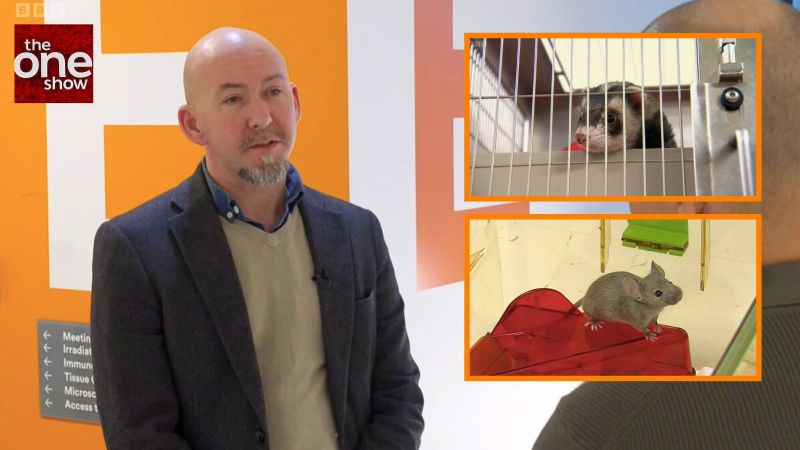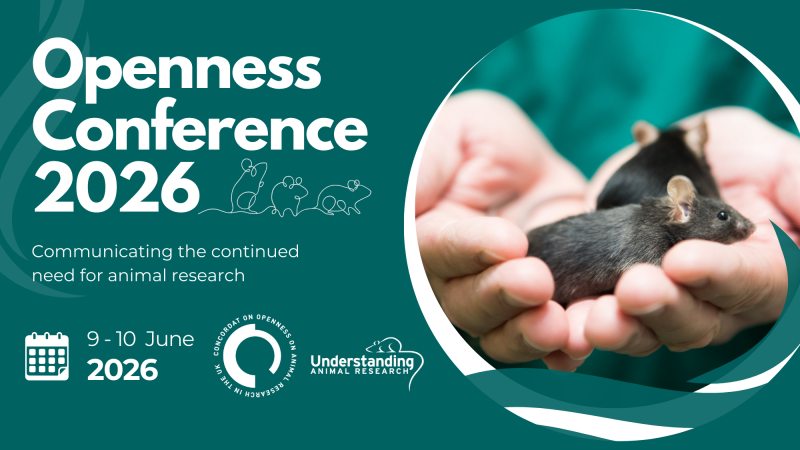Text to go here...
Skin cells have been transformed directly into functioning brain cells for the first time in a new study using mice.
Previously scientists believed that adult cells first needed to revert back to stem cells in order to take on a new function. Now researchers have been able to directly change skin cells into nerve cells, bypassing the time-consuming stem cell stage. The nerve cells could potentially be used in therapeutic treatments for Alzheimer's and Parkinson's disease.
As well as providing possible treatments for disease, the findings will provide an alternative to using induced pluripotent stem (iPS) cells. IPS cells are mature cells that have been turned back into their stem cell state so they can then develop into other types of cell.
However iPS cells are volatile and may promote cancer, which is why this new research - which skips the iPS stage - could provide better treatments.
The researchers behind this new finding initially studied 19 genes involved in the process of transformation and neuronal development. A modified virus, called lentivirus, was used to infect mouse skin cells and introduce the genes.
Results showed that only three genes were truly necessary in the transformation from skin cell to brain cell and if this trio of genes were switched on, approximately 20% of skin cells turned into brain cells within one week. These neurones were able to create connections and send signals, which is crucial if the research is eventually to be used as therapy for Parkinson's or Alzheimer's disease.
What surprised the scientists was the flexibility and efficiency of these cells in their ability to change function. That’s because if cells are so versatile, it raises the question of why they do not naturally switch function during their lifespan. One solution could be that once certain genes are switched on, they automatically remain in the same mode unless there is artificial involvement.
This breakthrough is likely to revolutionise research into treatments that rely on the use of stem cells.
Last edited: 11 January 2022 09:35



